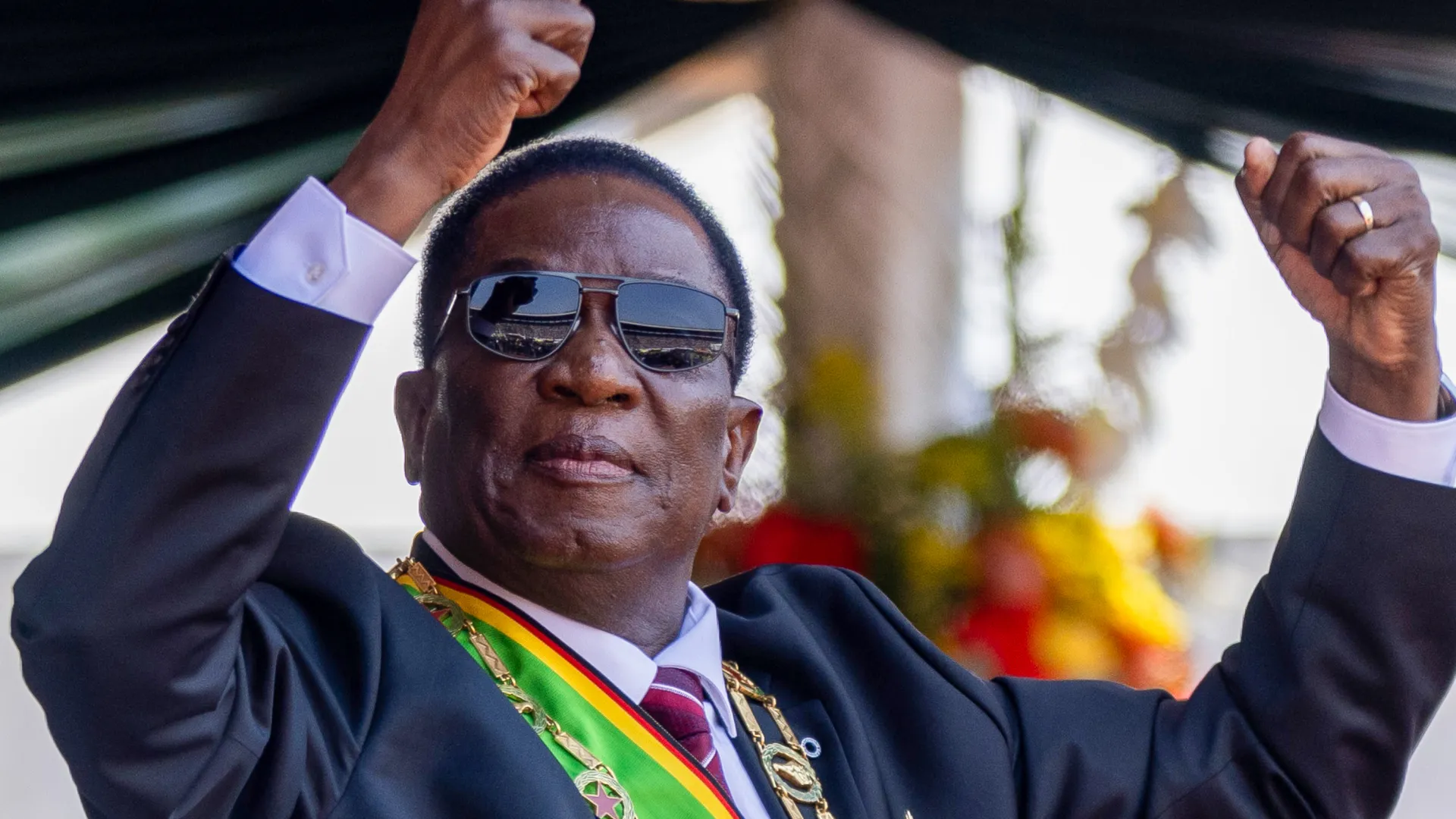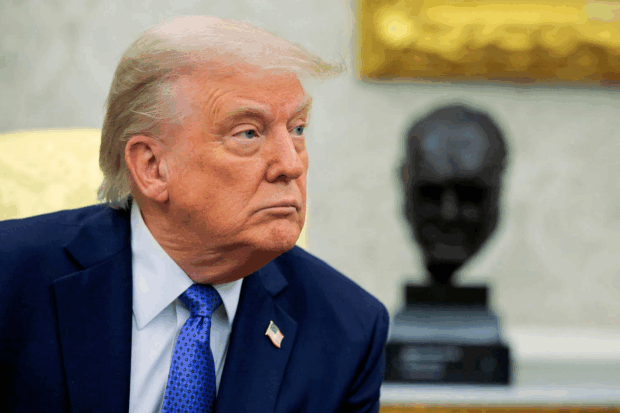
Zimbabwe has launched a comprehensive academic study examining the effects of colonialism, potentially leading to a formal reparations request from Britain, President Emmerson Mnangagwa announced. The research initiative, led by the Zimbabwe National Elders Forum under Dr. Felix Mukonowengwe’s direction, brings together prominent academic leaders including University of Zimbabwe’s Professor Paul Mapfumo and Bindura University’s Professor Eddie Mwenje.
The study will investigate colonial impacts from 1890 to 1980, the year Zimbabwe gained independence. President Mnangagwa indicated the research aims to explore healing options for affected communities while seeking to rebuild relationships with the former colonial power. The initiative follows recent examples of colonial reconciliation, including Britain’s apology to Kenya’s Mau Mau and Germany’s apology to Namibian communities.
This development comes after 55 Commonwealth nations met in Samoa last October, calling for “meaningful, truthful and respectful conversation towards forging a common future based on equity.” Zimbabwe withdrew from the Commonwealth in 2003 following tensions over its land reform program and subsequent Western sanctions.
Academic perspectives on the initiative vary significantly. Dr. Knox Chitiyo, Chatham House associate fellow and former University of Zimbabwe senior lecturer, suggests the study could valuably contribute to Zimbabwe’s historical record and future UK relations. He emphasizes the importance of comprehensive research methodology, incorporating oral histories, primary documents, and community input.
However, Professor Stephen Chan from SOAS University of London offers a more skeptical view, noting Britain’s indirect rule of Rhodesia during much of the 20th century and suggesting existing foreign aid should factor into discussions. He questions the initiative’s diplomatic effectiveness.
The research project emerges amid broader international dialogue about colonial legacy and reparations. Caribbean nations have proposed a comprehensive plan for reparatory justice, while UK officials, including Foreign Secretary David Lammy, emphasize skill-sharing and scientific cooperation over direct financial payments.
Current UK leadership maintains a position against financial reparations, though acknowledging the need for dialogue. The British government suggests focusing on future-oriented relationships through technology and knowledge exchange, rather than monetary compensation.
The study’s findings could significantly influence Zimbabwe-UK bilateral relations and contribute to growing global conversations about addressing colonial history. As developing nations increasingly assert their influence in international affairs, the question of colonial reparations continues to shape diplomatic relationships, particularly between former colonies and European powers.
Zimbabwe’s initiative represents a structured academic approach to documenting colonial impact, potentially setting a precedent for how former colonies address historical grievances through research-based advocacy.















Be the first to leave a comment